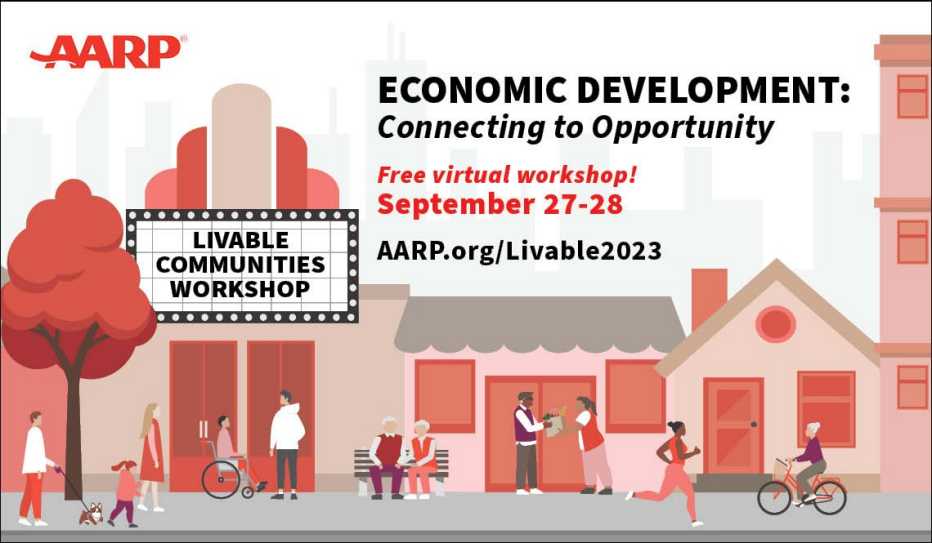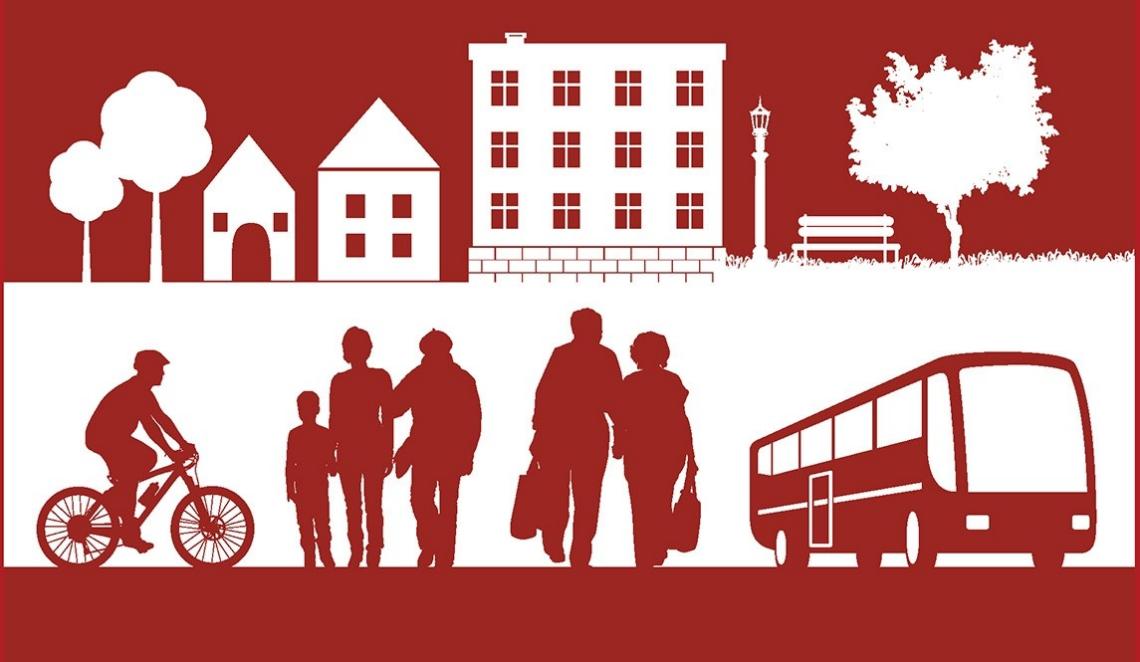AARP Hearing Center


The Workshop: A Summary
The workshop showcased livability strategies and programs that benefit local economies for people of all ages.
The nation's cities and towns have changed over the past few years due to the COVID-19 pandemic, global economic conditions and transformations in how people of all ages and life stages live, work and play. Big city downtowns are struggling to fill vacant office spaces while small towns experiencing population growth are trying to meet growing infrastructure and housing needs.
AARP Livable Communities Economic Development Workshop explored how local leaders can advance economic development in urban, suburban and rural communities by establishing vibrant Main Streets and encouraging small-scale development; ensuring that communities are well-connected with high-speed internet access; providing entrepreneurial and upskilling opportunities for residents of all ages; recognizing the value of unpaid contributions, such as volunteerism and caregiving
Through four core themes — The Built Environment, Digital Connections, Work and Jobs, and Local Economies — the workshop shared best practices, insights and inspiring next steps for meeting the economic development needs of communities today.
Members of the American Institute of Certified Planners (AICP) who attended the workshop were able to earn 0.5 Certification Maintenance (CM) credits for each keynote presentation and each panel for a total of no more than 3 CM credits.
Day 1: Wednesday, September 27
Welcome Remarks
Featuring Mike Watson, director of AARP Livable Communities, Coralette Hannon, director of AARP Government Affairs/Livable Communities, and Nancy LeaMond, AARP executive vice president and chief engagement officer.
Keynote Address by Deb Socia
Deb Socia is the president and CEO of The Enterprise Center, a nonprofit that nurtures innovation in Chattanooga, Tennessee, with the goal of connecting people to resources and building an inclusive community.
Plenary Panel — The Built Environment
The panel discussed the ways livability features — such as multimodal transportation, housing diversity and vibrant downtowns — positively impact local economies.



































































